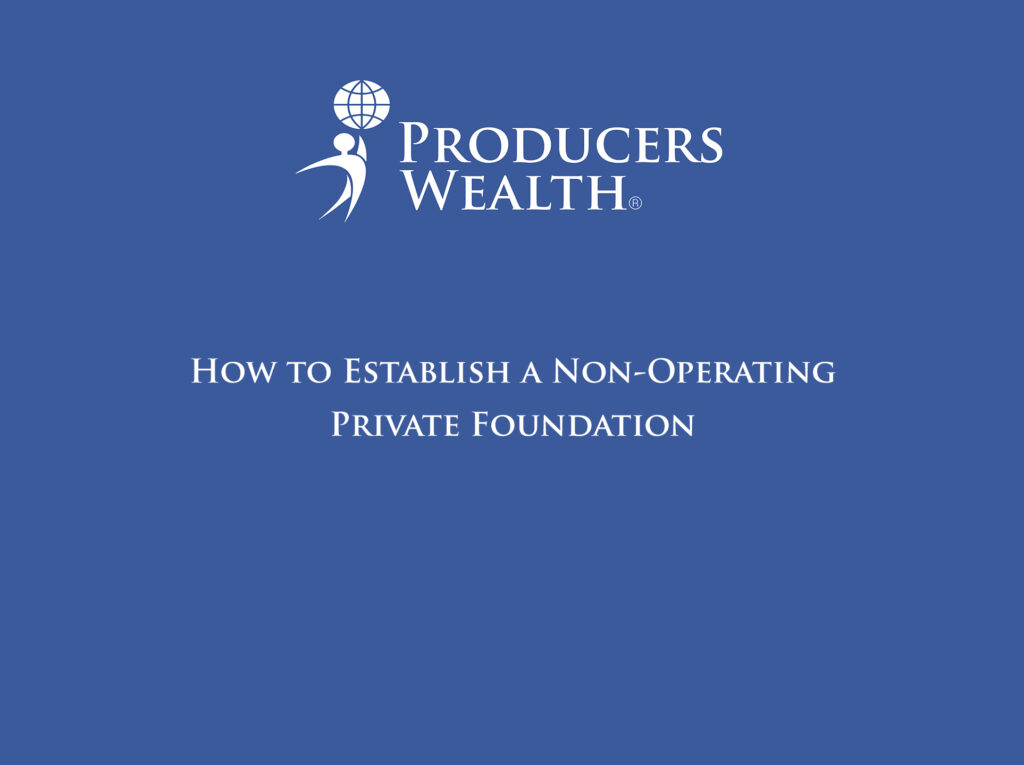
Creating a private foundation is a rewarding but complex process that requires careful planning and strategic thinking. Unlike public charities, private foundations are funded by individuals, families, or corporations and come in two types: non-operating and operating. While operating foundations run their own programs, non-operating foundations focus on making grants to other organizations. This blog post explores the essential steps and important considerations for setting up and managing a non-operating private foundation.
1. Define Your Foundation’s Mission and Vision
Before diving into legal and operational details, it’s vital to define your foundation’s mission and vision. The mission should clearly state the foundation’s purpose, the specific issues it aims to address, and the community it serves. The vision should outline the long-term goals of the foundation. A well-defined mission and vision will shape your foundation’s activities and guide decisions on funding and strategy.
2. Incorporate and Draft Bylaws
Next, incorporate your foundation as a nonprofit organization by filing articles of incorporation with the Secretary of State. This gives your foundation legal recognition and helps protect founders from personal liability. The articles should include details like the foundation’s name, purpose, and board of directors. Since requirements vary by state, consider state-specific rules when incorporating.
Bylaws, which serve as the foundation’s operating manual, should be drafted with care. They typically cover the board’s structure, election procedures, responsibilities of officers, meeting protocols, and conflict of interest policies. Ensure your bylaws comply with state laws and IRS regulations.
3. Obtain an EIN
An Employer Identification Number (EIN) is needed for tax reporting and banking. Apply directly through the IRS, either online or using Form SS-4—remember, obtaining an EIN is free, so be wary of third-party sites charging for this service.
4. Apply for Federal Tax-Exempt Status
File Form 1023 or Form 1023-EZ (if eligible) to apply for federal tax-exempt status under Section 501(c)(3). This application requires detailed information about your foundation’s structure, governance, finances, and activities. Once approved, your foundation won’t pay federal taxes on income related to its charitable purpose, and donors may benefit from tax deductions. Approval can take 3 to 12 months, but you can begin operations while waiting.
5. Set Up Financial Policies
Strong financial management is crucial for compliance and long-term success. Establish financial policies that ensure transparency and accountability, including guidelines for grantmaking, expense approvals, investment management, and recordkeeping. If you plan to accept donations, a gift acceptance policy can be valuable.
6. Stay Compliant with State and Federal Rules
Maintaining compliance is an ongoing responsibility. File Form 990-PF annually with the IRS, providing detailed financial and operational information. Depending on the state where your foundation operates, you may need to register with the state attorney general or another regulatory body, especially if you plan to solicit donations.
7. Consider Using a Third-Party Registered Agent
A third-party registered agent can help manage compliance with state regulations, maintain privacy, and handle important documents. This can be particularly helpful if your foundation doesn’t have a physical presence in its state of incorporation.
Establishing a non-operating private foundation is a significant commitment, but with careful preparation, it can become a powerful vehicle for philanthropy. By following these steps and paying attention to the key considerations, you can build a foundation that meets legal requirements and achieves meaningful, lasting impact in the causes you care about. With dedication, your foundation can turn your vision into reality, leaving a legacy of positive change.
Watch all of our educational videos on Infinite Banking here.
Disclaimer and Waiver
Michiel Laubscher & Laubscher Wealth Management LLC is not an investment advisor and is not licensed to sell securities. None of the information provided is intended as investment, tax, accounting, or legal advice, as an offer or solicitation of an offer to buy or sell, or as an endorsement, of any company, security, fund, or other offerings. The information should not be relied upon for purposes of transacting securities or other investments. Your use of the information contained herein is at your own risk. The content is provided ‘as is’ and without warranties, either expressed or implied. Michiel Laubscher & Laubscher Wealth Management LLC does not promise or guarantee any income or specific result from using the information contained herein and is not liable for any loss or damage caused by your reliance on the information contained herein. Always seek the advice of professionals, as appropriate, regarding the evaluation of any specific information, opinion, or other content.





